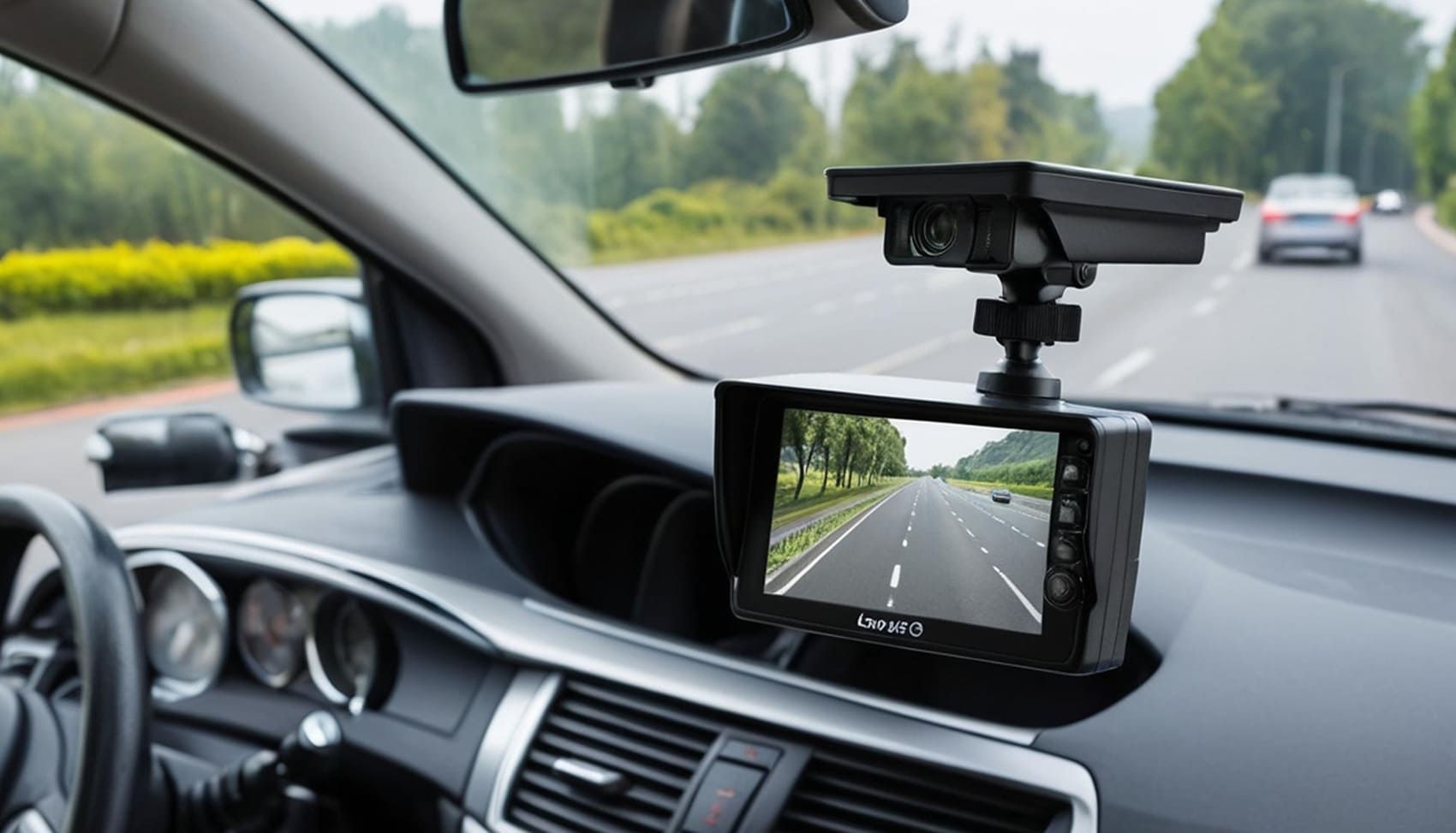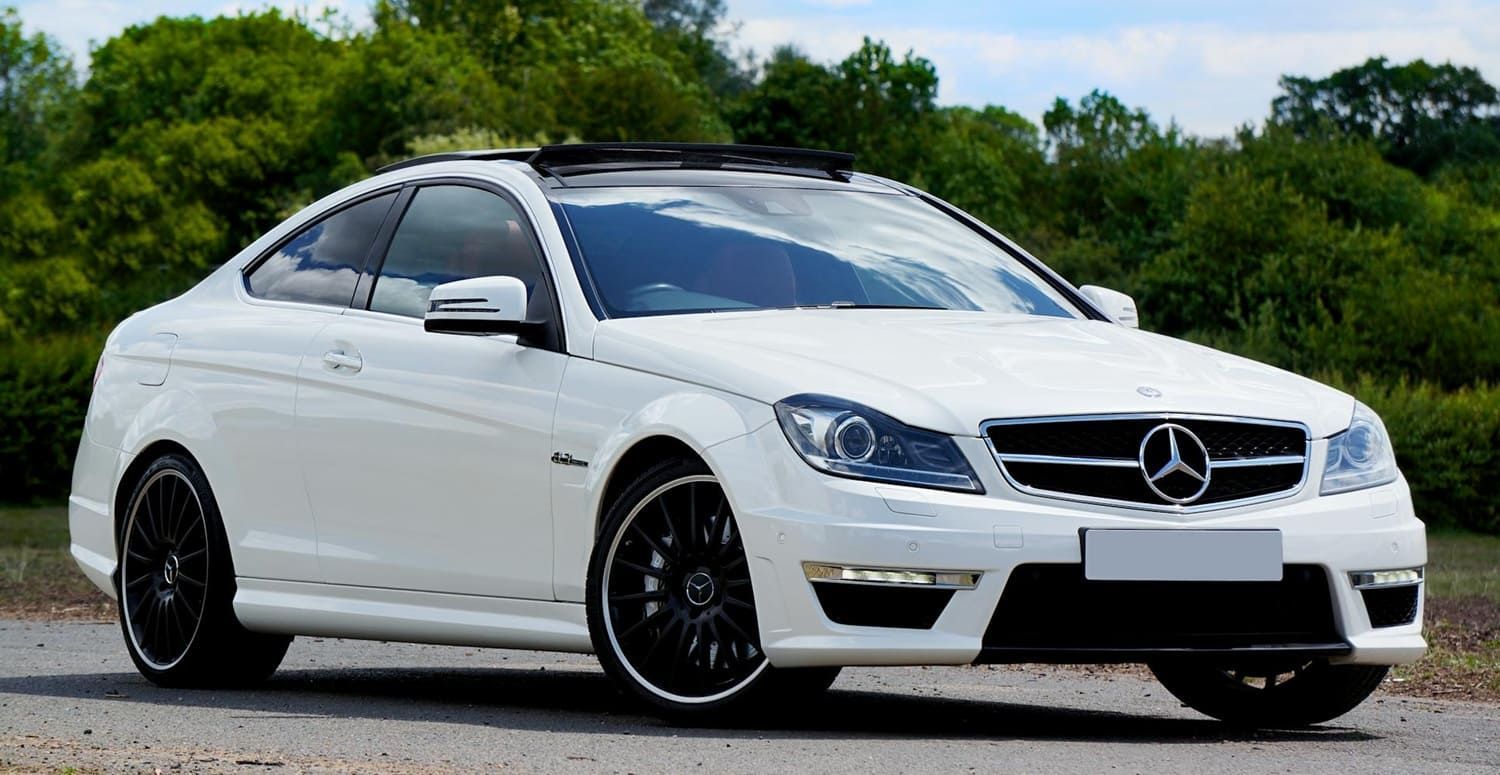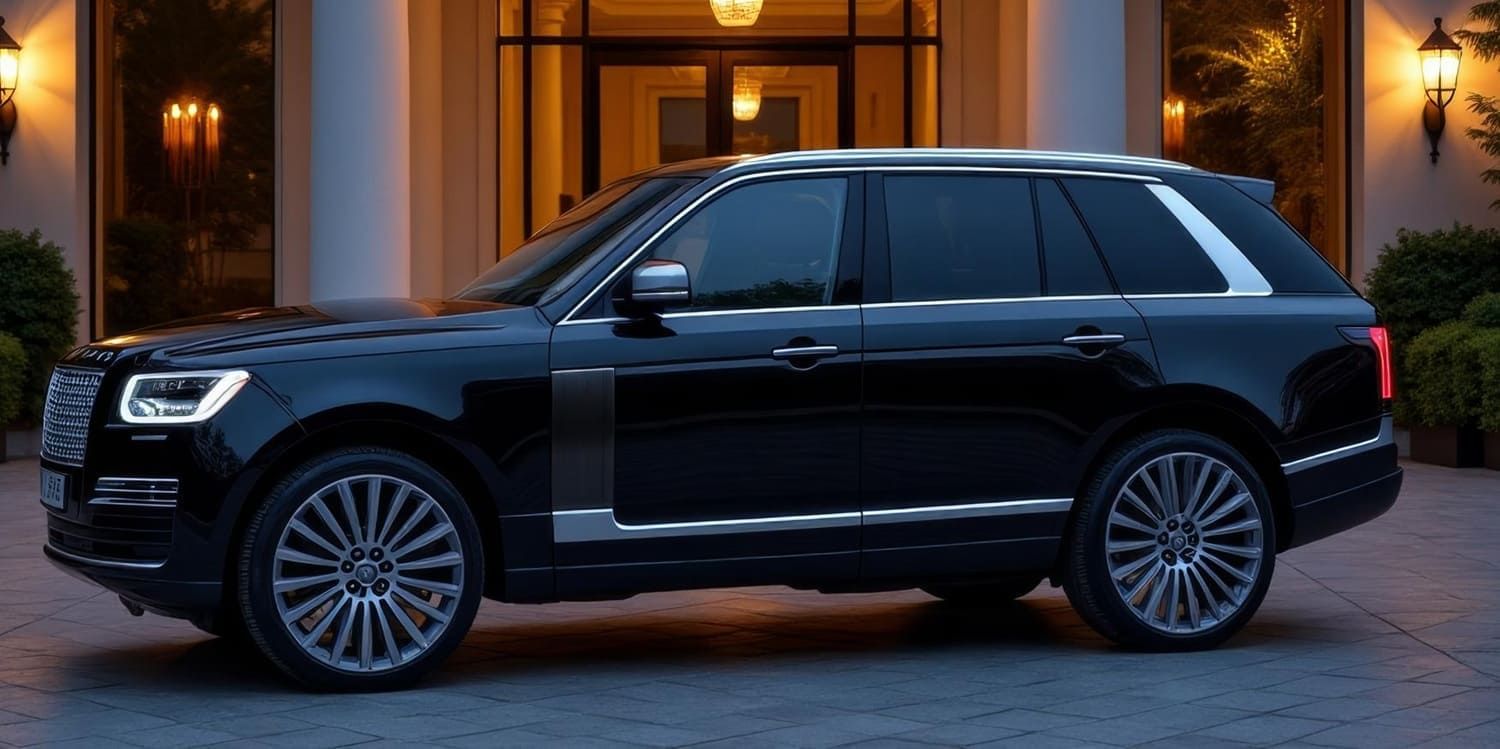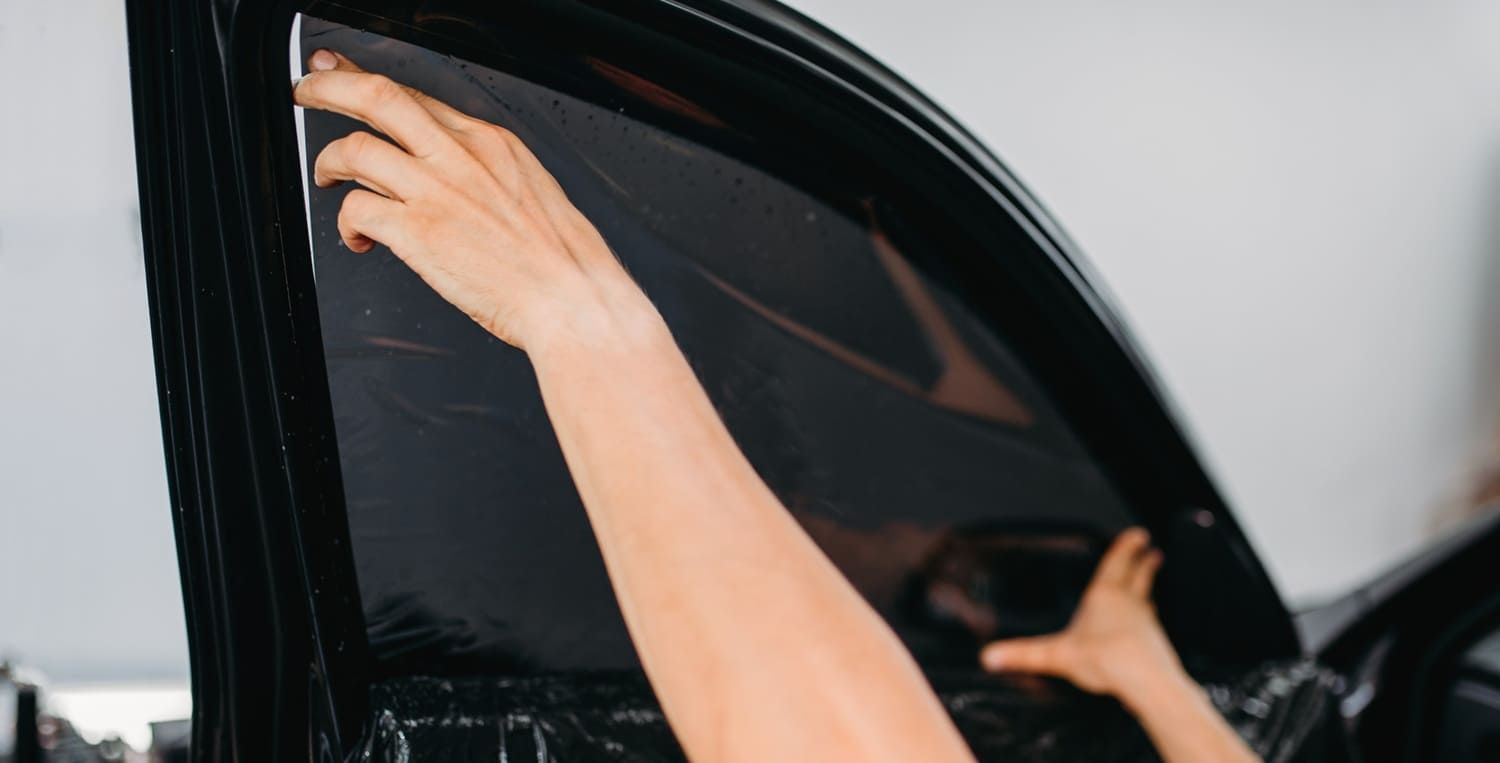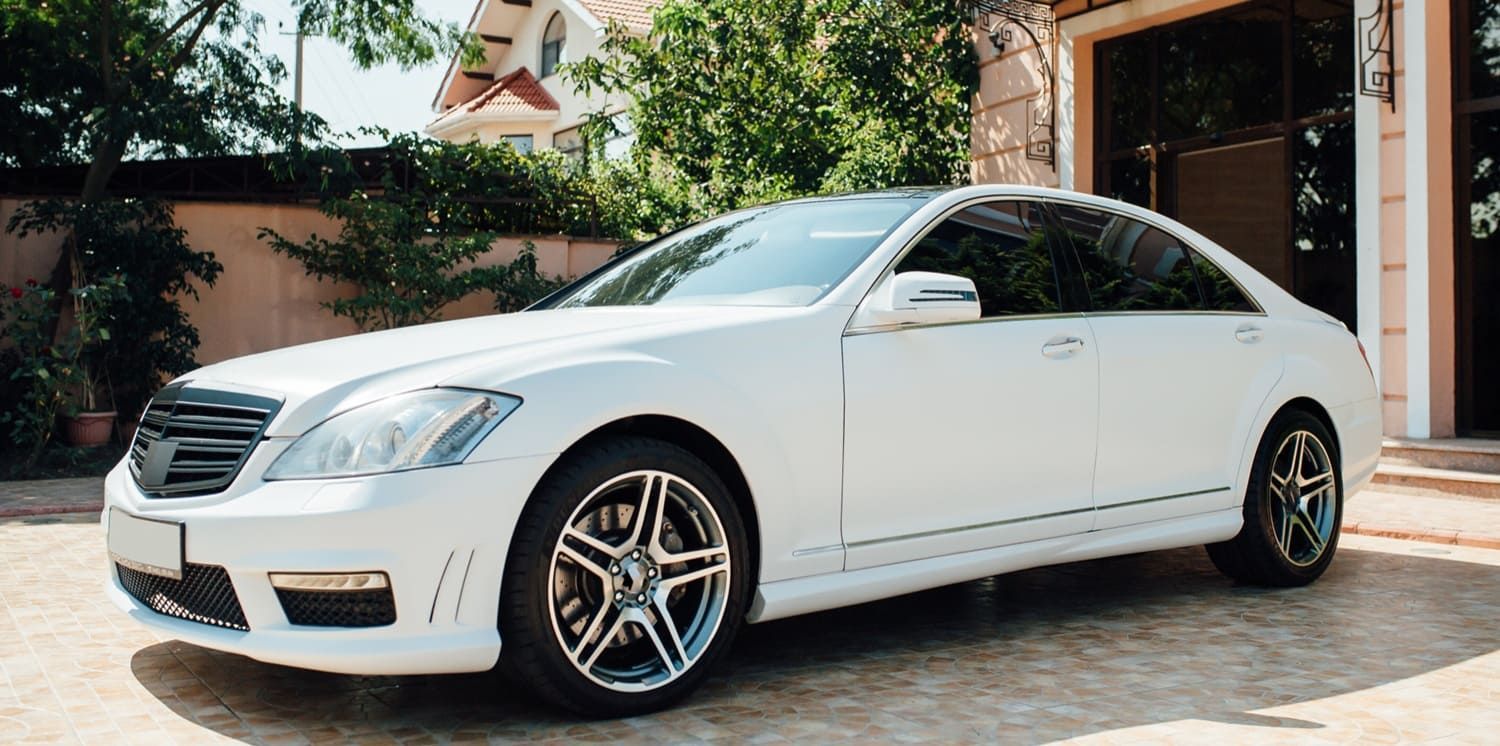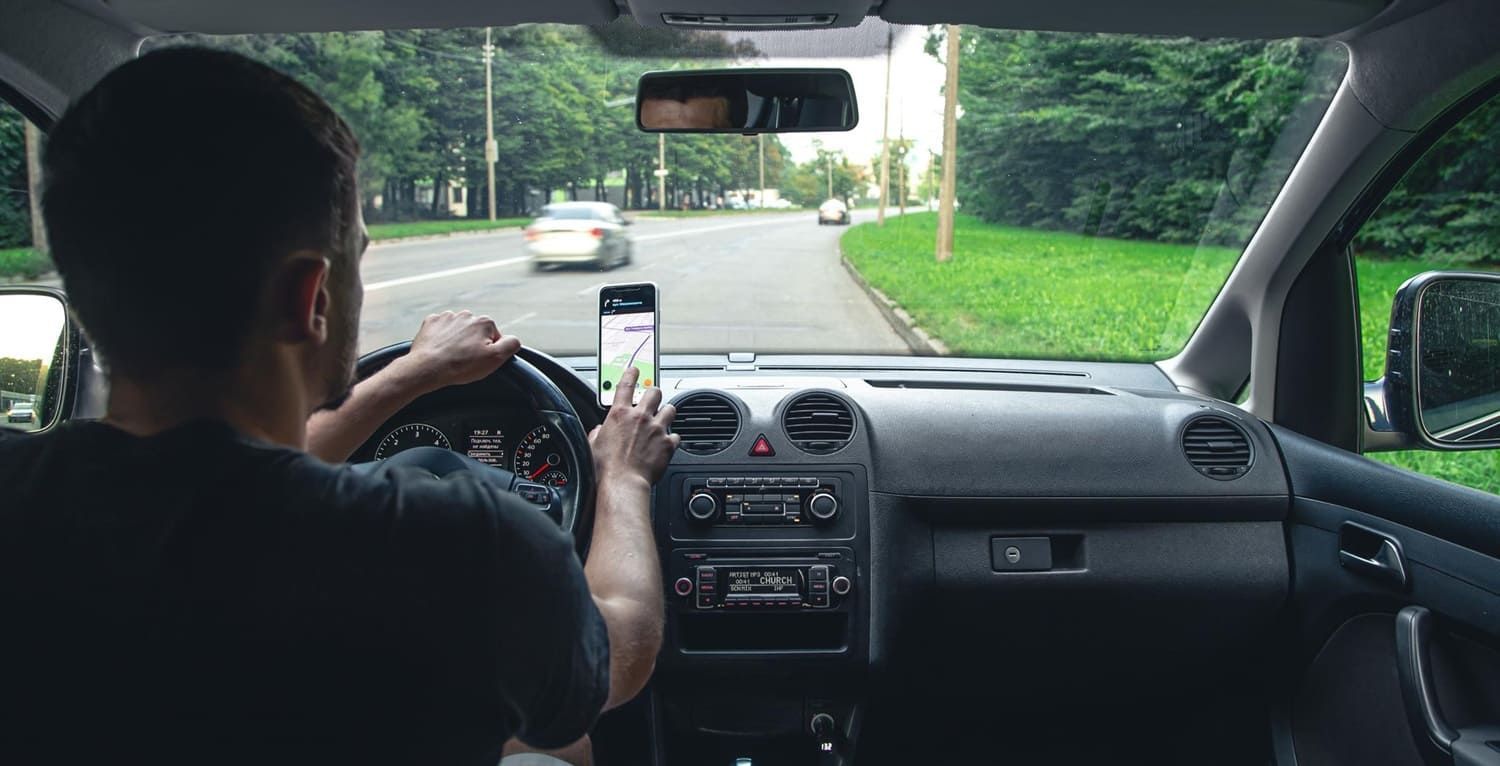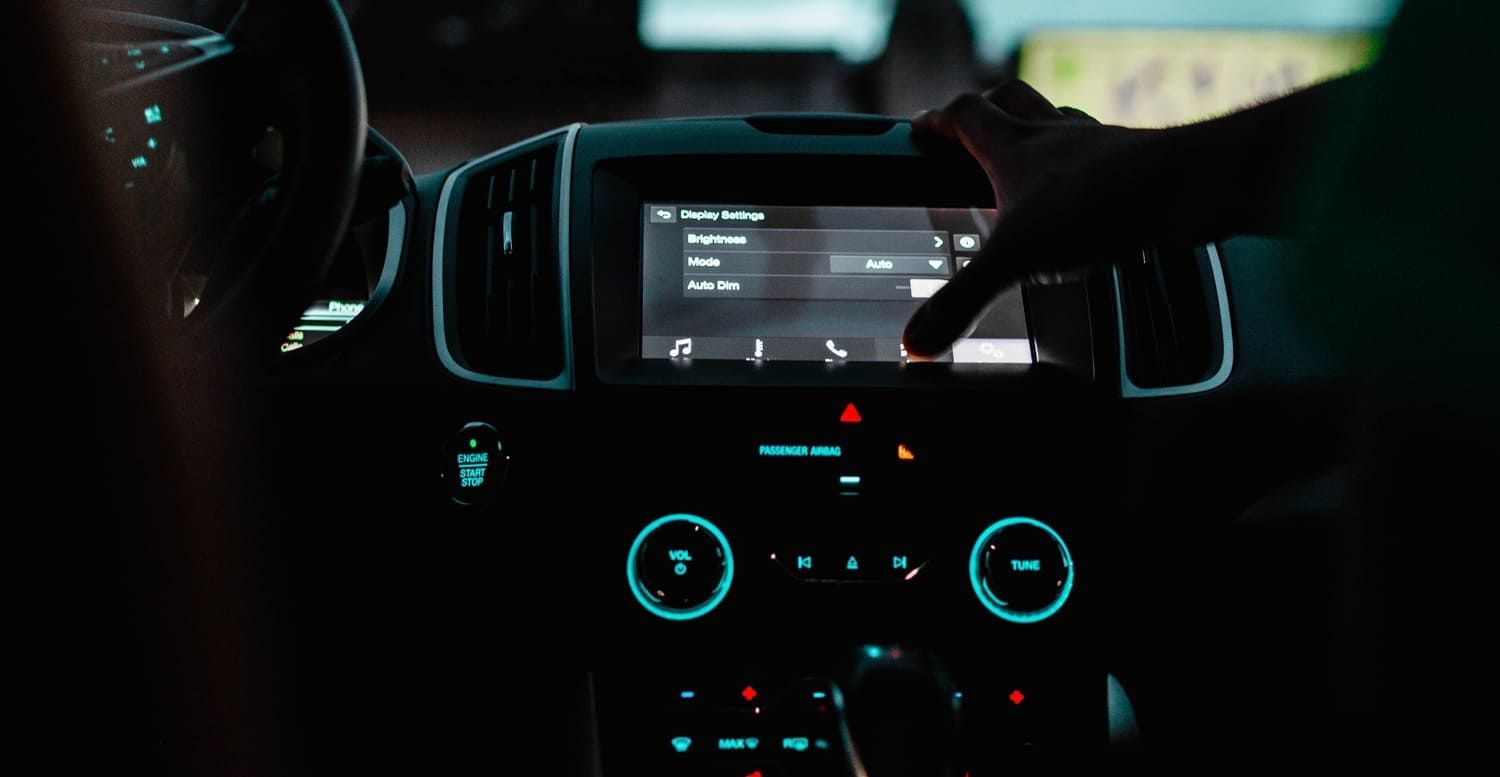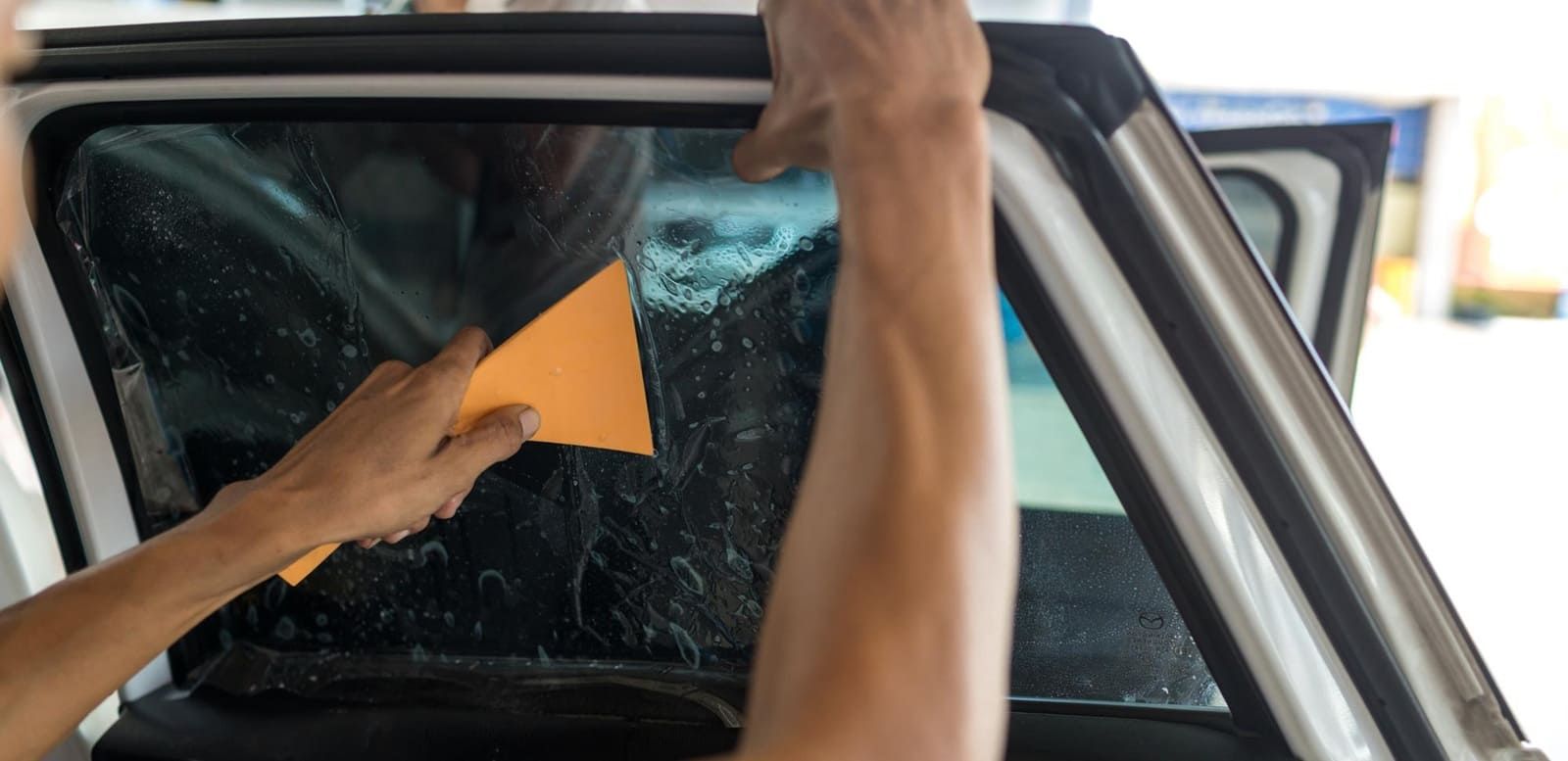Is Your Tint Legal? Check Before You Get Fined
Window tinting can enhance your car's look and comfort. But is your tint legal? Many car owners overlook this crucial detail.
Legal window tint varies by state, with specific rules on how dark your windows can be. Ignoring these laws can lead to fines and the hassle of removing or adjusting your tint.
Understanding automotive tint laws is essential for every driver. These laws ensure safety and visibility on the road.
Some states, like Florida, have detailed regulations for different windows. It's important to know these before tinting your vehicle.
Stay informed and avoid penalties by checking your local tint laws. Compliance is key to enjoying the benefits of window tinting without legal issues.
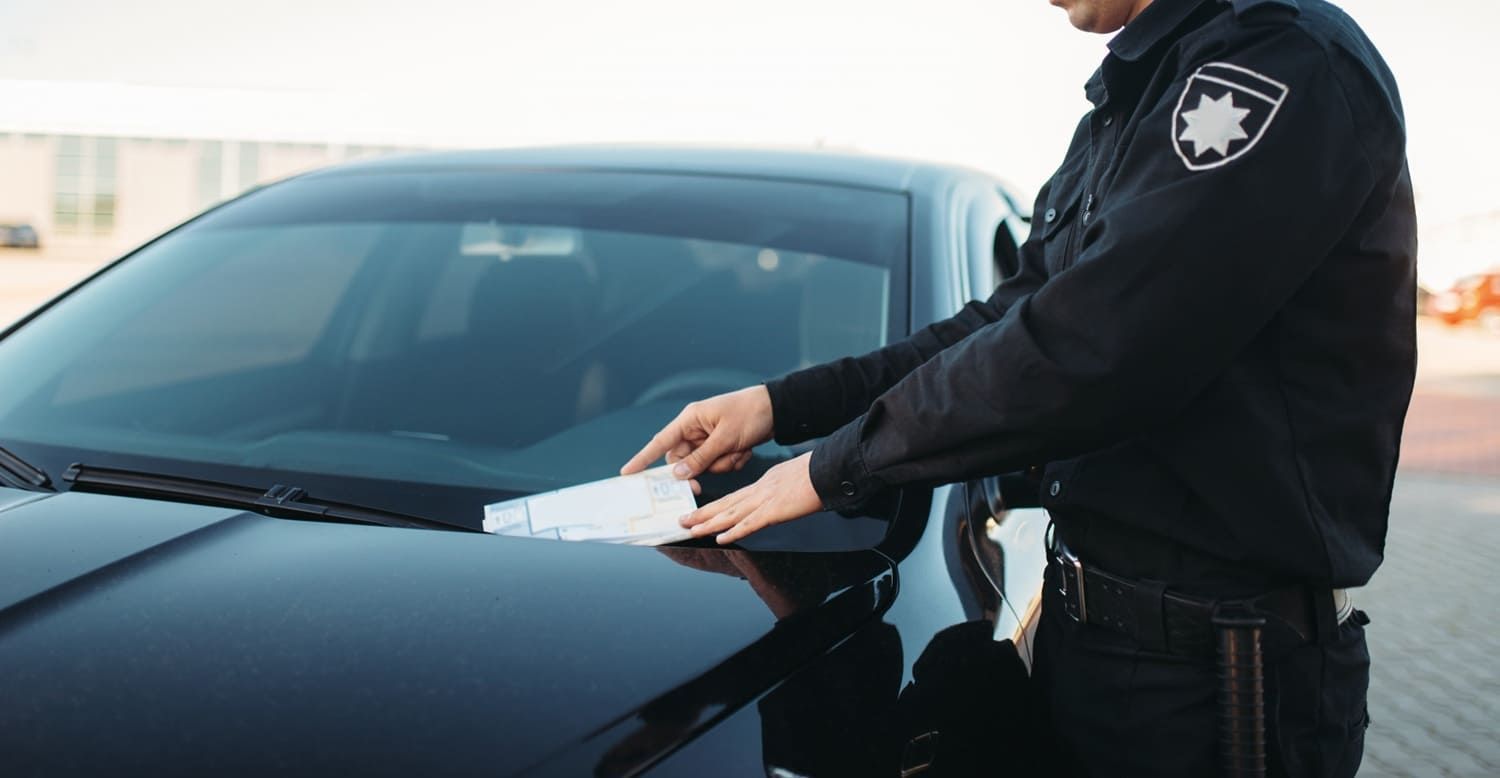
What Is Legal Window Tint?
Legal window tint refers to the permissible level of window tinting according to state laws. Each state specifies how much light must pass through the window glass and film.
The amount of visible light transmission (VLT) allowed varies by state. For instance, one state might permit 70% VLT, while another permits only 35%.
Legal requirements usually differ for each window in your vehicle. Typically, front side windows have stricter VLT limits than rear windows.
In addition to VLT percentages, some states regulate reflective tints or color hues. Here's what you need to know:
- Front Windows: Usually, more restrictions apply here.
- Rear Windows: Typically allow darker tints.
- Windshields: Often permit only a small tinted strip.
- Reflectivity: Some states limit the reflectiveness of tints.
Being aware of these variations ensures that your tint adheres to local regulations. This knowledge helps in avoiding fines and unnecessary hassles.
Why Do Automotive Tint Laws Exist?
Automotive tint laws exist primarily for safety reasons. They aim to ensure clear visibility for drivers, which is crucial for road safety.
Visibility is not the only concern addressed by these laws. They also focus on protecting law enforcement officers during traffic stops.
Tint laws have important safety objectives. Here are some key reasons these laws are enforced:
- Driver Visibility: Ensures clear vision in all conditions.
- Safety for Law Enforcement: Officers need to see inside vehicles.
- Preventing Accidents: Reduces glare from the sun or headlights.
- Public Security: Assists in crime prevention by maintaining some interior visibility.
Understanding these reasons can help in appreciating why compliance matters. Following tint laws enhances both personal and public safety.
How Window Tint Is Measured: Understanding VLT
Window tint is measured using Visible Light Transmission or VLT. This measurement tells you how much light passes through your windows.
A higher VLT percentage means more light can pass through. For instance, a 70% VLT allows 70% of light in, while a 20% VLT is darker, allowing only 20% of light.
Understanding VLT is crucial for compliance. Here are key points about VLT:
- VLT Percentage: Indicates light allowed through tint and glass.
- Higher VLT: Means lighter tint, more visibility.
- Lower VLT: Indicates darker tint, less visibility.
Different states mandate specific VLT levels for various windows. Knowing your state’s requirements helps you avoid fines and ensures you stay within legal limits. Keep in mind that VLT impacts not only legality but also your comfort and privacy.
State-by-State Overview: Key Differences in Tint Laws
Tint laws are not the same across the United States. Each state has its rules, creating a patchwork of regulations. These laws specify the allowed VLT percentages for different windows on your vehicle.
In some states, front side windows must have a high VLT to ensure clear visibility. Rear and back windows often have more lenient rules, allowing for darker tints in some areas.
Here’s a basic breakdown of key differences:
- Front Side Windows: Typically, higher VLT required.
- Rear and Back Windows: Often lower VLT allowed.
- Reflective Tints: Frequently restricted or banned.
Certain states may allow reflective tint but only up to a certain percentage. Others have outright bans on these reflective materials.
Moreover, regulations can vary between passenger vehicles and multi-purpose vehicles. What’s legal for a van may not apply to a sedan. Stay informed about the specific requirements of your state, especially if you plan to move. Knowing these differences can prevent legal headaches. Check local updates too, as laws may change with new safety data.
Florida Window Tint Law: A Closer Look
Florida has specific rules regarding window tint. Their laws ensure driver safety while accommodating privacy needs. Front side windows require at least 28% VLT.
Back side windows can be darker, allowing down to 15% VLT. This flexibility suits those seeking privacy. Rear windows follow the same rule as the back side, requiring at least 15% VLT.
Key points of Florida window tint law include:
- Front Side Windows: Minimum 28% VLT.
- Back Side and Rear Windows: Minimum 15% VLT.
- Reflective Tint: Limited to specific percentage on all windows.
Keep these numbers in mind to avoid fines and ensure compliance. While these rules seem complex, many professional tinting services understand these nuances, helping you stay legal effortlessly.
Common Myths: Did Trump Make Window Tint Legal?
There's a persistent myth circulating among drivers. Some believe that during his presidency, Trump made window tint universally legal. This is not true. Window tint regulations remain under state jurisdiction.
This myth likely stems from misunderstandings about federal versus state authority. States continue to decide their own automotive tint laws, independent of federal influence.
- Fact 1: Window tint laws are state-regulated.
- Fact 2: No federal changes by Trump affected state tint laws.
Understanding this helps dispel confusion about legal window tinting. Always verify your state's current laws to ensure compliance. Laws can differ significantly even between neighboring states.
Medical Exemptions and Special Cases
Some individuals might need darker tints for medical reasons. Fortunately, many states recognize this requirement and offer exemptions. These exemptions usually apply to conditions sensitive to light, like lupus or skin cancer.
To obtain an exemption, drivers typically need to provide medical documentation. It's crucial to check specific state requirements and procedures. Each state has different criteria for granting medical exemptions.
- Fact 1: Exemptions require valid medical documentation.
- Fact 2: Conditions like lupus often qualify.
- Fact 3: Procedures vary significantly by state.
Being informed can help those with medical needs avoid legal issues. Always have proper documentation on hand to present if questioned.
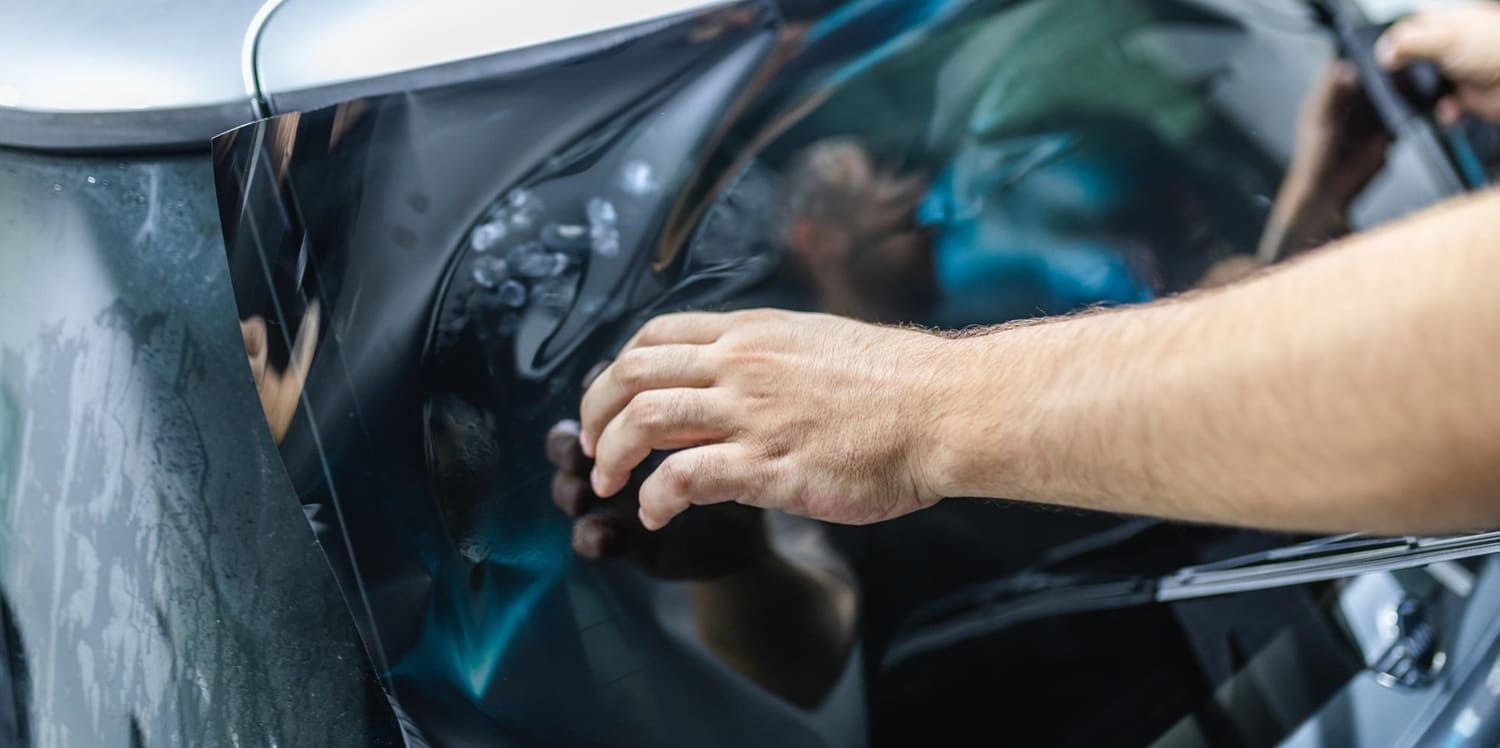
What Happens If Your Tint Isn’t Legal?
Non-compliant window tint can lead to various penalties. Fines are the most common consequence and can vary by location. You might also be ordered to remove or adjust the tint to meet legal standards.
If you ignore the penalties, the fines can increase. Repeat offenders might face even stricter consequences. Legal authorities may also use tint meters to measure your tint's VLT during stops.
- Consequence 1: Initial fines can lead to higher penalties if unresolved.
- Consequence 2: Tint removal or adjustment might be required.
- Consequence 3: Non-compliance affects resale value of your vehicle.
Being proactive in understanding and complying with local tint laws can prevent these inconveniences. Maintaining records or receipts for legal tint installation can help resolve disputes with law enforcement.
How to Check If Your Tint Is Legal
Checking the legality of your window tint is crucial. Start by looking up your state's automotive tint laws online. Each state has specific Visible Light Transmission (VLT) percentages that must be adhered to for legality.
Consult a professional tint installer if you're uncertain. They can use a tint meter to measure the VLT of your current tint. This tool checks how much light passes through your windows and ensures compliance.
- Step 1: Review your state's window tint laws.
- Step 2: Use a tint meter to measure VLT.
- Step 3: Consult with a professional installer for accurate assessment.
By keeping yourself informed and checking your tint proactively, you can avoid potential legal issues down the road.
Tips for Staying Compliant with Tint Laws
Staying compliant with tint laws involves staying informed and vigilant. Regularly check for updates in your state's regulations. Laws may change, reflecting new safety research or technology.
Consider the following actions to ensure your tint remains legal:
- Keep documentation of your tint's compliance in your vehicle.
- Consult professionals for advice on any modifications.
- Avoid DIY kits that may not meet legal standards.
Remember, maintaining compliance not only avoids fines but also ensures your vehicle remains safe and secure. Being proactive is key to enjoying the benefits of window tinting without legal hassles.
Benefits of Legal Window Tint
Legal window tint offers numerous advantages that go beyond just aesthetics. It enhances comfort and safety while driving. Complying with laws ensures you enjoy these benefits without legal issues.
Here are some notable benefits:
- UV Protection: Guards against harmful sun rays, lowering skin cancer risk.
- Privacy: Makes it harder for outsiders to see inside your vehicle.
- Reduced Glare: Eases eye strain from bright sunlight or headlights.
- Cooler Interior: Helps maintain a comfortable temperature, reducing AC use.
By choosing legal tint, you contribute to a safer and more enjoyable driving experience.
Frequently Asked Questions About Legal Window Tint
Window tinting can be confusing due to varying regulations. Here, we address some common questions to clarify these complexities.
How can I know if my tint is legal?
Check your state's specific window tint laws. They outline permissible tint levels for different windows.
Can I tint my windshield?
Most states allow only a small strip at the top. It's crucial to check the specific percentage allowed.
What if I have a medical condition?
Some states offer medical exemptions for darker tints. You must have documentation to qualify.
Will legal tint affect my car insurance?
Legal tint typically doesn't impact insurance. However, illegal tint might complicate claims.
Understanding these aspects ensures you enjoy legal window tint without complications. Always stay informed and consult professionals when in doubt.
Conclusion: Stay Safe, Stay Legal
Understanding window tint laws ensures you avoid fines and unwanted attention from law enforcement. Compliance not only keeps you on the right side of the law but also provides peace of mind while driving.
Stay informed about any changes in tint regulations in your state. Knowledge is power, and knowing the law helps you make wise decisions about your vehicle. For expert guidance and professional installation, trust BOCA TINT & AUDIO, your Trusted LLumar Dealer and best window tinting installers near you serving Boca Raton, FL—contact us today for a free estimate so you can enjoy the benefits of tinting without legal hassles.



